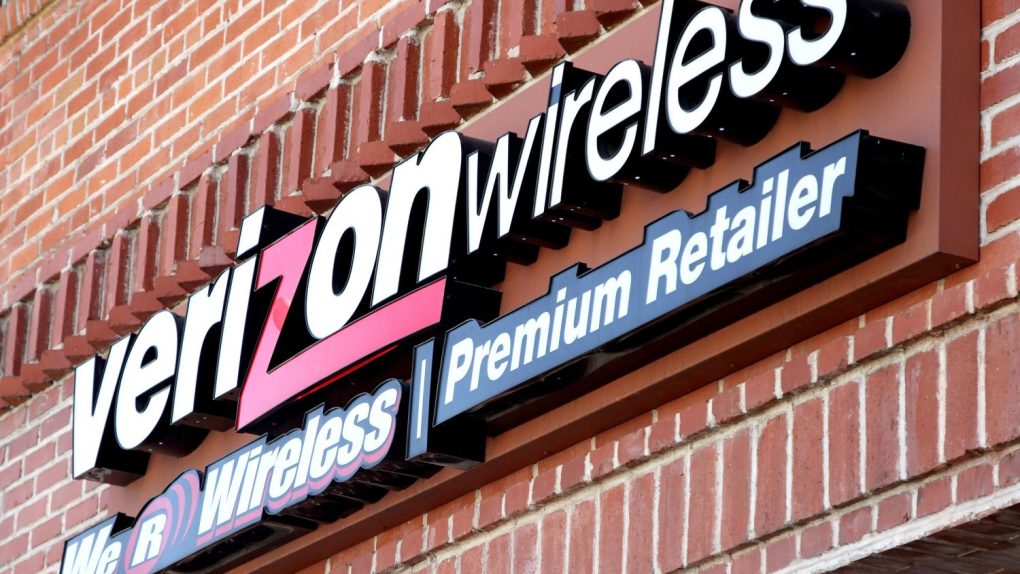A battle is raging between the different mobile carriers to be the first to deploy 5G. But there’s a few difficulties with that, namely that the 5G standards aren’t finalized yet, and no-one actually defines what “deployed” means.
Verizon announced late last month that it will have commercial 5G deployed in Sacramento next year, albeit in a rather limited sense. Verizon is only working on 5G home internet right now, which uses millimeter-wave spectrum — a much higher bandwidth than current mobile networks — to deliver gigabit speeds the last mile to people’s houses.
Using millimeter-wave spectrum to deliver high-speed internet to houses is an attractive alternative to running fiber down the streets. But the high-frequency waves come with a new set of problems, like the fact that they don’t penetrate buildings or obstacles well.
As such, T-Mobile has shied away from the millimeter-wave side of 5G, and is focusing instead on rolling out nationwide 5G over existing mobile spectrum by 2019 and 2020, which on paper puts T-Mobile a ways behind Verizon in rolling out 5G. In reality, both companies are working on very different projects with a different scope, but that hasn’t stopped T-Mobile from taking the requisite digs at Verizon.
T-Mobile CTO Neville Ray called Verizon’s plan to deploy 5G by next year “unrealistic” in an interview with CNET earlier this week. The comment followed one of CEO John Legere’s patented Twitter-rants, in which he called out Verizon’s evolving timelines:
👺 I mean @Verizon’s been doing it for years – they continue to over-promise & under-deliver. They even did it last week! First 5G was gonna be available in 2016, now it’s almost 2018 & NOTHING! https://t.co/SKbJJb4CMm
— John Legere (@JohnLegere) December 4, 2017
Ray cited the “technical hurdles” of millimeter-wave spectrum as the reason why Verizon won’t have a network online next year. But Verizon VP of network support Mike Haberman told BGR that it’s “hard for those carriers that aren’t involved [in millimeter-wave spectrum] to comment.” T-Mobile has previously said that the economics of millimeter-wave home broadband are “flawed,” which is why it’s not exploring that option right now.
But Haberman said that millimeter-wave spectrum technology is “improving rapidly,” and many things that were initially thought to be deal-breakers can be worked around. For example, millimeter-wave links have traditionally needed a clear line of sight between receiver and transmitter to work properly, which makes deployment difficult.
Haberman said that tricks like beam-forming technology are letting them get around those limitations, and he claimed that Verizon has tested a deployment with a receiver inside the building, behind a wall, which still worked thanks to beam-forming technology. He also said that trials have established a gigabit link when the receiver and transmitter were “more than 2,000 feet apart,” which bodes well for deployment.
Ultimately, it’s not unusual in the slightest to see T-Mobile and Verizon sparring over claims, whether it’s who will be first to deploy 5G, who has the fastest network, or who deployed a new LTE technology first. The thing to bear in mind with 5G is that it’s still a technology in its infancy, and T-Mobile and Verizon are attacking the same problem from two very different sides. For Verizon, it’s all about superfast speeds and low latency, which is only achievable using at least some high-band spectrum. While T-Mobile is planning on using a “variety of spectrum” for its 5G network, the focus seems to be on getting 5G deployed in some form nationwide, and that means using its nationwide 600MHz holding.










